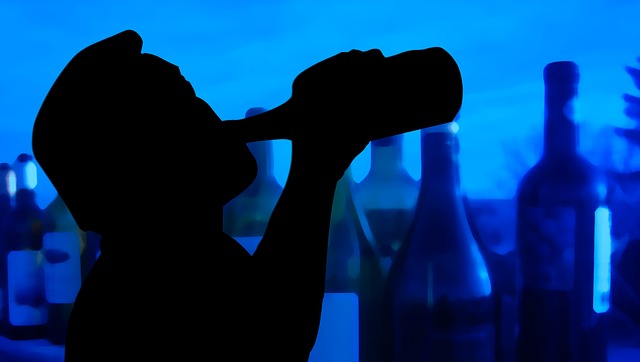
Molestation is becoming the norm on a night out due to a heavy drinking culture, according to a charity.
Drinkaware says nearly a third of young women had been groped or touched inappropriately while out.
And more than a quarter put up with inappropriate sexual comments or abuse.
Of those surveyed:
- 19 received inappropriate or unwanted physical attention or touching on a drunken night
- 18 put up with inappropriate sexual comments or abuse on a drunken night out
- 77% of 18-24 year olds who drink who will always or almost always drink alcohol when they go out
- 32% who said when they go out, those occasions are always or most often drunken nights out.
Elaine Hindal, Chief Executive at alcohol education charity Drinkaware says:
‘Young people should be able to enjoy a night out without fear of intimidating behaviour, whether physical or verbal. Being drunk isn’t an excuse for sexually harassing or assaulting other people. The vast majority of young adults we spoke to agree that if a behaviour is unacceptable when you are sober, it’s unacceptable when you are drunk*. Now is the time for everyone to take a stand to stop this.”
Adrian Lee, Chief Constable, Northamptonshire Police and national policing lead on alcohol harm for the Association of Chief Police Officers says:
‘The consequences of excessive drinking are witnessed across the country in the hospitals and police stations of our towns and cities every week. Drunken Nights Out is a significant piece of research that identifies for the first time the routines and rituals of young people as they enjoy a weekend of socialising and partying. Pre-drinking plays a significant part of these rituals and we know that those who pre-drink are two and a half times more likely to be involved in violence and four times more likely to consume over 20 units in a night. This research provides real insight into pre-loading and binge drinking, providing real opportunity for police and partners to develop effective ways to challenge and influence irresponsible drinking to help keep people safe and healthy. I welcome this research and I am grateful to Simon Christmas for his work and the support provided by Drinkaware.’

 Man, 44, seriously injured in hospital after crash between Comrie and Rosyth
Man, 44, seriously injured in hospital after crash between Comrie and Rosyth
 John Swinney announces SNP leadership bid
John Swinney announces SNP leadership bid
 Closures on A92 from TONIGHT for roadworks
Closures on A92 from TONIGHT for roadworks
 12°C
12°C
 17°C
17°C
 14°C
14°C